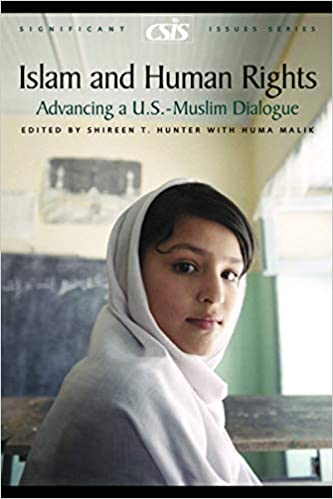Year
2005
Country
United States
Language
English
Abstract
Until the nineteenth century, at least dozen legal traditions were practised in the Ottoman Empire: five non-Islamic (Jewish, Armenian, Orthodox, Catholic,
and Capt) along with four Sunni (Hanafi,Shafi'i, Maliki, and Hanbali) and several Shiite (such as Zaydiyya and Jafariyya). During the late nineteenth century, under European influence, secular law (such as international commercial courts) was also added to the Ottoman legal system. Each community produced and practiced its own canon law, thereby contributing to the diversity of legal discourse. The state did not produce any of these laws nor did itsingle out any of them as the official law of the state; instead, Muslim and non-Muslim civil groups crafted them. The state stood in equaldistance to all and equally respected each one.
English
ISSN/ISBN
978-0892064717
No. of Pages
152
City
Washington DC
Select type of work
Name of the Publisher
Photo of the cover Page

Full-Text (PDF)
Name of the Book
CIS publications
No
CIS Thesis
No
Status
Pending
Chapter Pages
67-99
CIS Cluster
Publication Month
July
QF Thematic Areas
CIS Program
CIS Research Foci
